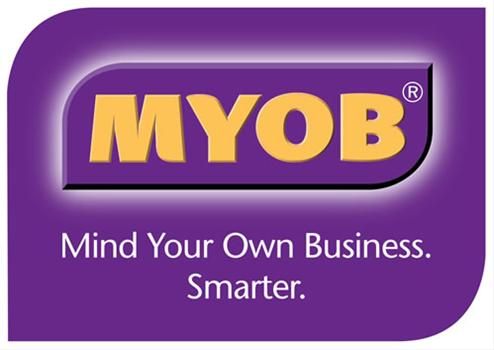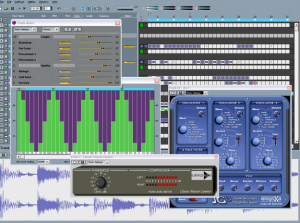If you’re confused by the titles and terminology regarding bookkeeping, finance broking and accounting software, don’t worry – they are very similar but have some big differences.
Although many people aren’t entirely sure of the main differences between these two professions, it’s actually relatively simple to understand exactly what each one encompasses.
We discovered this when we were building software for this Glenelg finance broker so we thought we’d share the differences on our blog!
What is a Bookkeeper?
A bookkeeper is someone who is responsible for recording financial transactions that take place within a company. This is done in chronological order and generally takes place on a daily basis.
Nowadays, bookkeepers often use software that makes many of the manual processes automatic therefore sometimes they are also able to classify and summarise data into reports.
What is an Accountant?
Accountants have a slightly more in depth role in the financial workings of a company.
They are responsible for not only dealing with but also interpreting, classifying, analyzing and reporting on financial data. It is their job to identify issues or improvements that are occurring and to help the business to take informed decisions.
Do Bookkeepers and Accountants Work Together?
Yes, often these two will work very closely together. There has also been a huge increase in companies that outsource bookkeeping and handle much of their accounting via online systems.
In order for accountants to analyse and interpret financial data, they need it to have first been fully and accurately recorded by bookkeepers. The roles are therefore closely linked.
Accountants often act as advisors to bookkeepers and it is always essential that they check the work that has been done by the bookkeepers in order to ensure that the figures and data they are working with is accurate and correct.
Key Differences Between Bookkeepers and Accountants:
- Accountants are able to handle the entire accounting process, whereas bookkeepers are only able to handle the bookkeeping stage. Once the information is recorded by the bookkeepers, the more advanced processes such as analysis and interpretation will be handed over to the accountants.
- Accountants are required to have at least a bachelor’s degree, or for some roles, to be a certified public accountant. Bookkeepers need to have a solid understanding of accountancy but are not required to have formal training.
Thanks for stopping by and we hope you enjoyed our quick summary of the differences between a bookkeeper and an accountant that we discovered when building custom software for a bookkeeper.
If you have any questions about the software we built for this digital marketing agency, please head over to the contact form and ask there!




